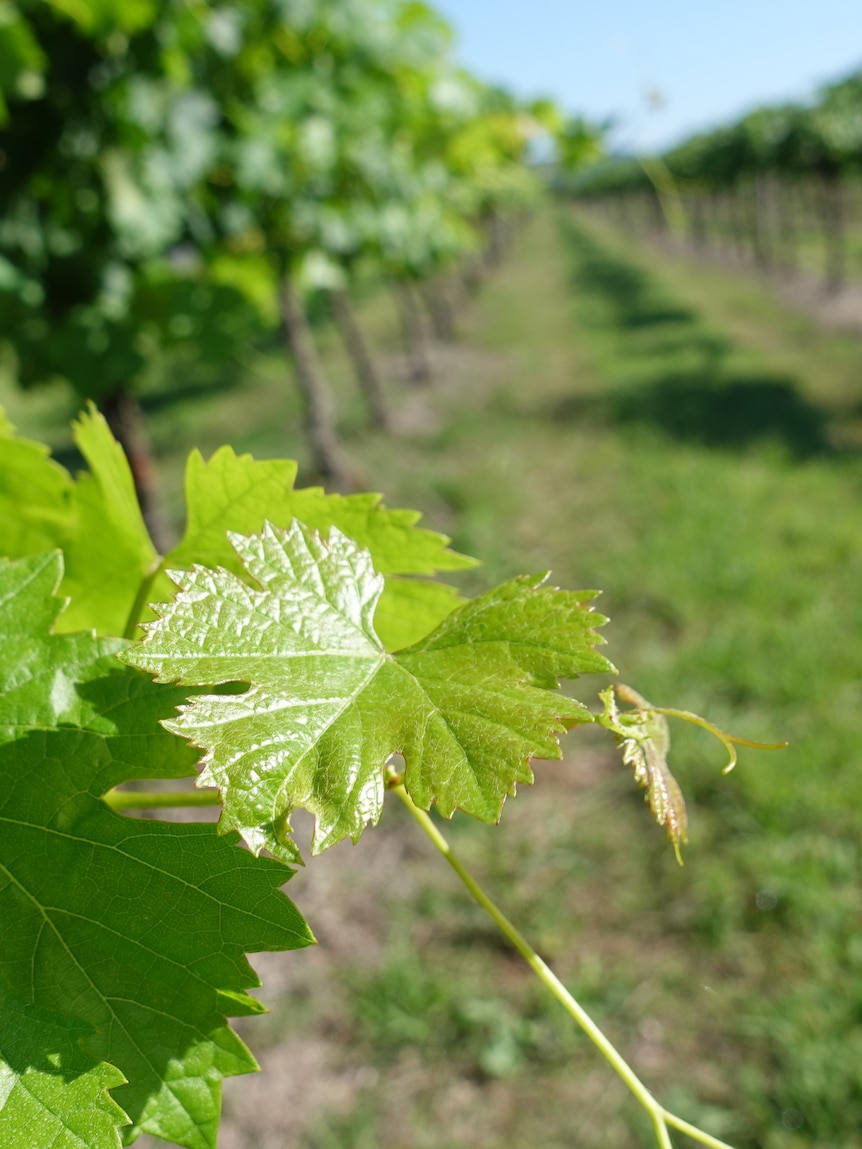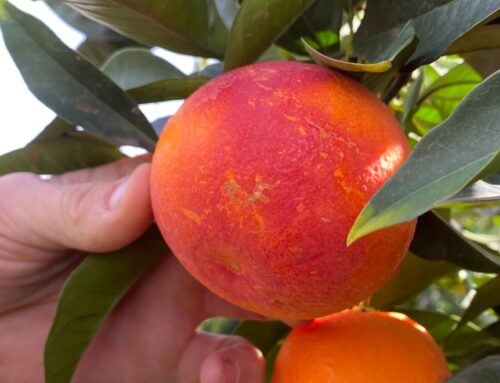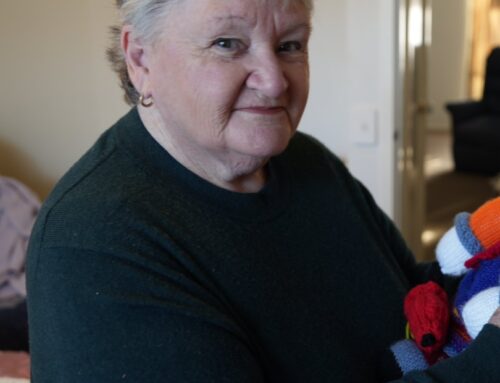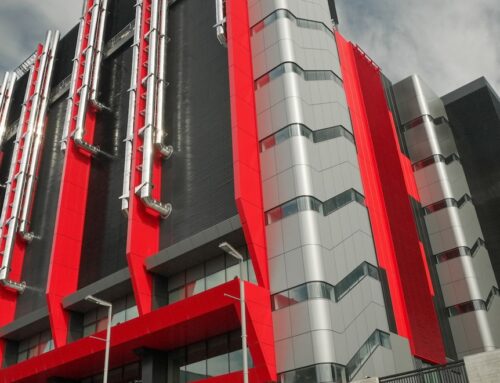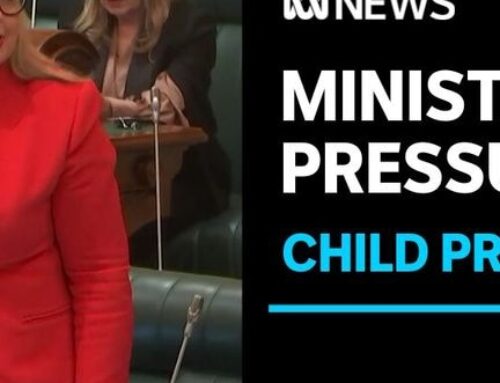A Mildura wine company and its former manager have been fined a total of almost $500,000 for illegally tapping into a pipeline and stealing water.
David Littore and Jindalee Road Wines faced the NSW Land and Environment Court on numerous charges of breaching the Water Management Act.
Justice Sandra Duggan found Littore’s conduct was “intentional” and formed part of “planned or organised criminal activity” that took place over a long period of time.
The court heard that between 2016 and 2019, just under 365 megalitres of water was illegally taken.
The water had a market value of up to $305,000 at the time.
The company was convicted and fined $326,500, while Littore was convicted and ordered to pay $172,500.
The defendants also agreed to pay costs of $95,000 to the Natural Resources Access Regulator (NRAR), which brought the legal action.
Jindalee Road Wines markets itself as the biggest producer of white wines in Australia, growing 50,000 tonnes of grapes from 1,200 hectares of vineyards at three sites in the Murray-Darling region.
The court heard that Littore excavated a Western Murray Irrigation (WMI) pipeline and installed pipes to bypass metering equipment, allowing unmetered water to be taken and used to irrigate grapevines.
In her judgement, Justice Duggan said there was a “level of sophistication” to the conduct and valves had been installed to allow for both the metered and unmetered take of water, with the metered volume taken in line with what WMI might expect.
Largest fine in regulator’s history
The prosecution was the 38th brought by the Natural Resources Access Regulator and carried the most substantial fine since its formation in 2018.
NRAR director of investigations and enforcement Lisa Stockley said the chances of getting caught for water theft had never been higher.
“NRAR relies on people reporting this type of conduct and I’d like to acknowledge the significant assistance from WMI in this case, but also since forming, we have really developed our ability to detect this without relying on public reporting,” she said.
“We use state-of-the-art remote sensing, spatial technology and smart data to identify potential illegal take and then we combine that with traditional investigation techniques.
“Where there are serious substantiated acts of non-compliance, NRAR will continue to take strong enforcement action and use our full range of enforcement powers.”
‘Shame and embarrassment’ taken into account
Justice Duggan said the defendants had shown contrition and remorse, and once the offending was discovered they bought 1,800 megalitres of water at a cost of $900,000 and transferred it back to Western Murray Irrigation.
This was a factor of “significant weight in mitigation of the offending conduct”, she said, adding that Littore had “suffered shame and embarrassment” after the community learned what he did.
Nature Conservation Council water campaigner Mel Gray said the penalty was inadequate and called on the offenders to be banned from irrigation for life.
“The community will just not accept large-scale water theft, and these water thieves need to lose their licences,” she said.
“There absolutely has to be a point where we say that water theft has crossed a line, there must be consideration of losing all entitlement to take water.”
In a statement, Jindalee Road Wines said the company and its office bearers were “embarrassed, ashamed and sincerely regret what occurred” and that it entered guilty pleas at the earliest possible date.
“The court accepted that when the matters came to attention, the office holders engaged with NRAR’s investigators, provided frank accounts to the investigators, did not seek to avoid responsibility, and purchased the water on the market and immediately replaced what was unmetered.”
It said the court accepted the company was unlikely to reoffend.
The NRAR previously alleged Jindalee Road Wines and Littore pumped up to 13,000 megalitres above their water allocation between 2011 and 2016.
The regulator confirmed that case was still progressing through the court.
Key stories of the day for Australian primary producers, delivered each weekday afternoon.
Posted , updated

